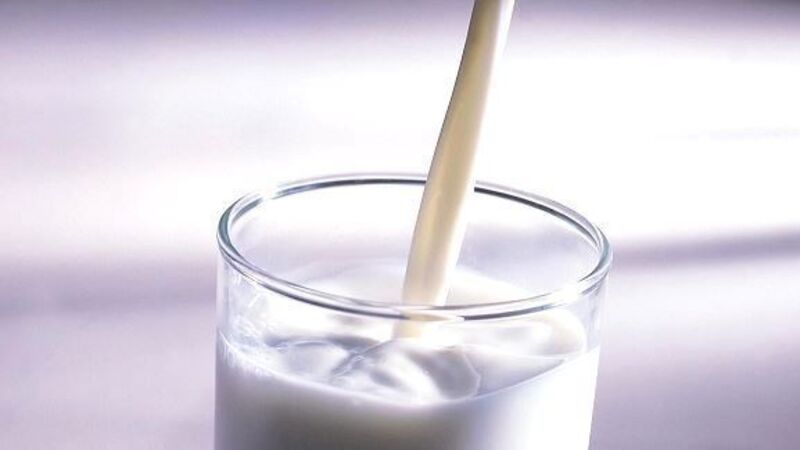Kieran Coughlan: EU rules give advantage to ‘down under’ milk rivals

As part of the Agri-Taxation Review in 2013, many participants highlighted the need for taxation tools to deal with volatility, and in fairness to ICOS, it has since been advocating the introduction of such measures to support Irish farmers.
At the inaugural “National Economic Dialogue” which was set up by the Department of Finance and the Department of Public Expenditure, ICOS suggested an income deferral tool whereby farmers can move their before-tax income from years they need it least, to years when it is most needed.













